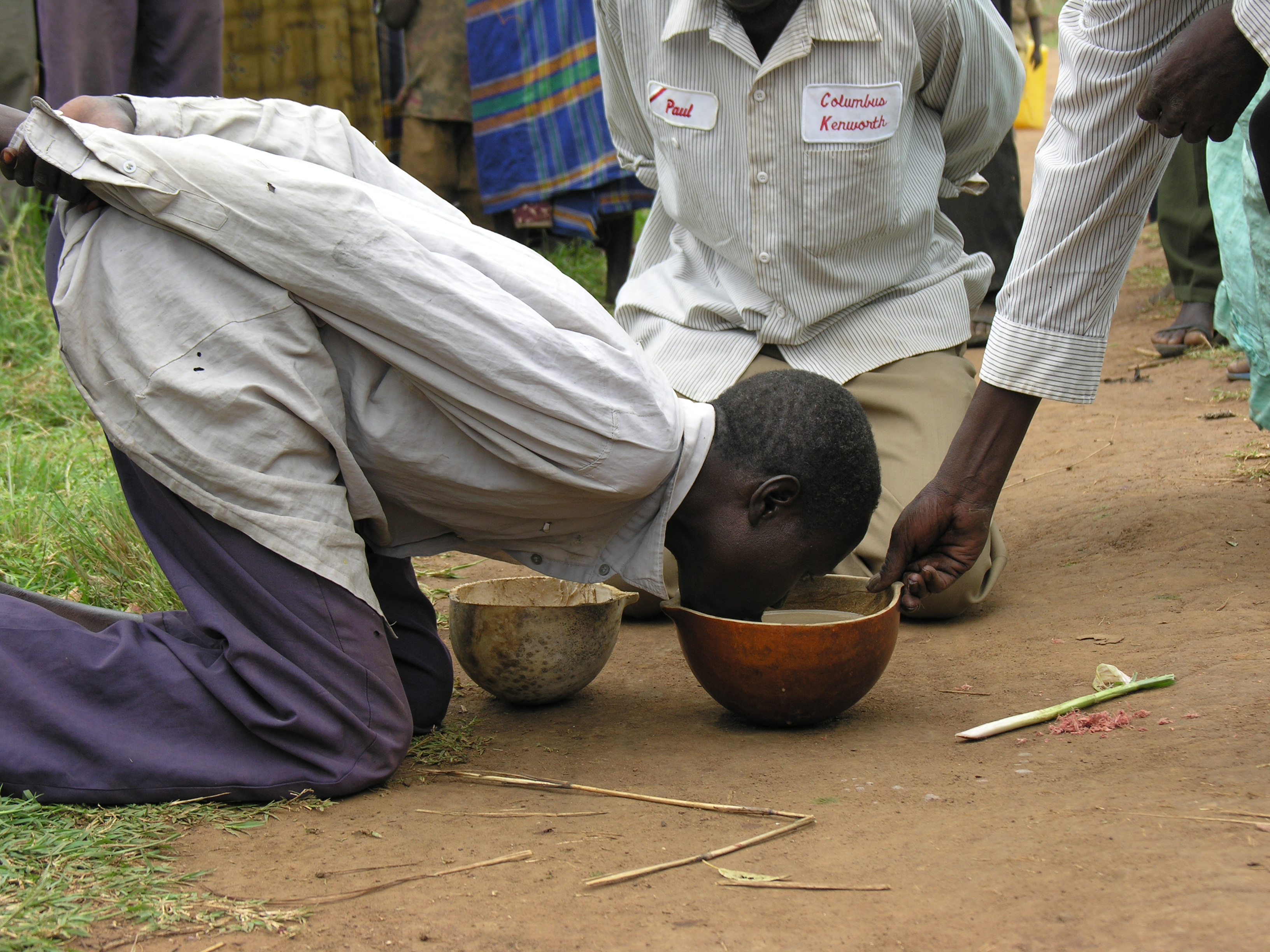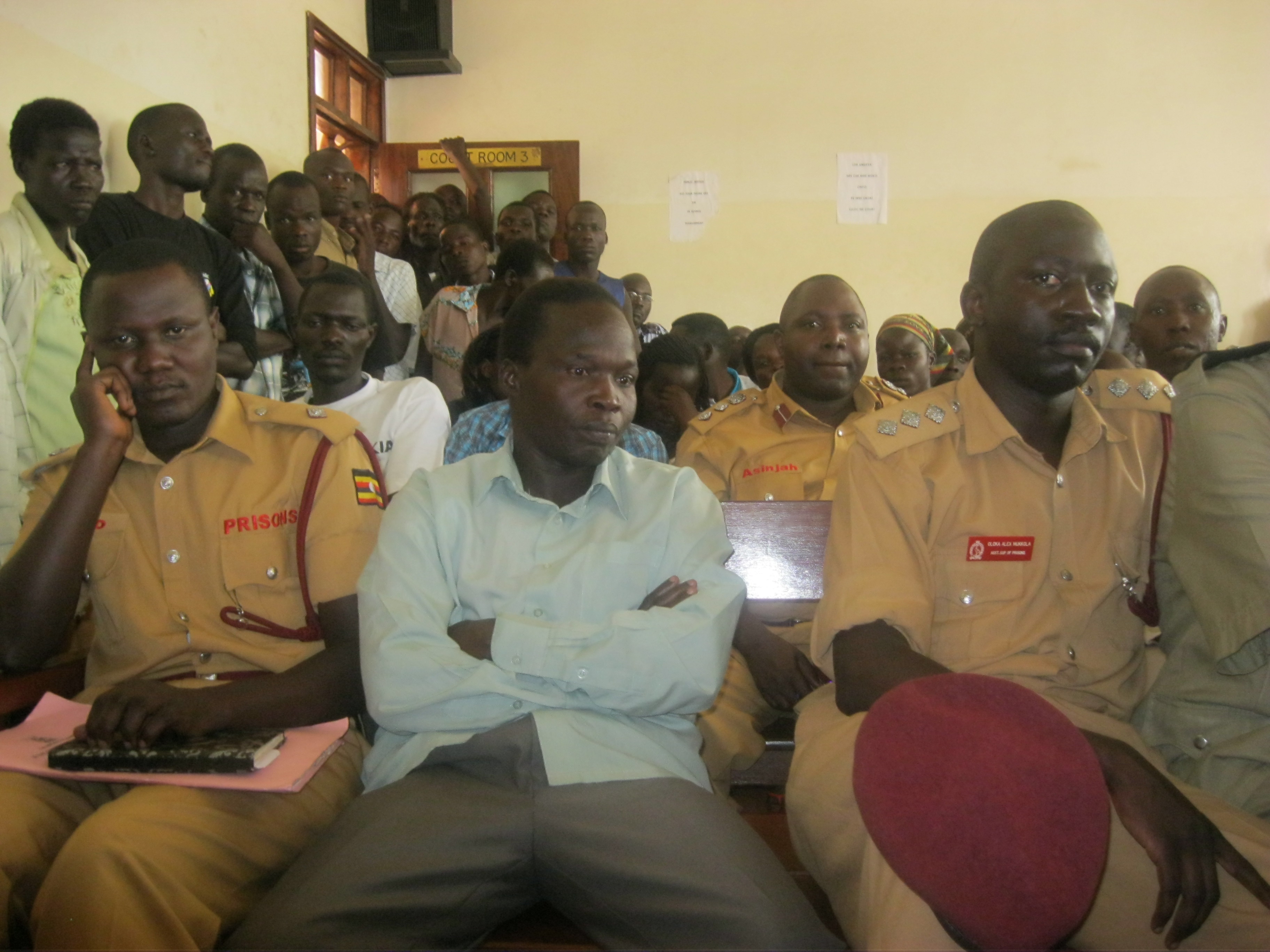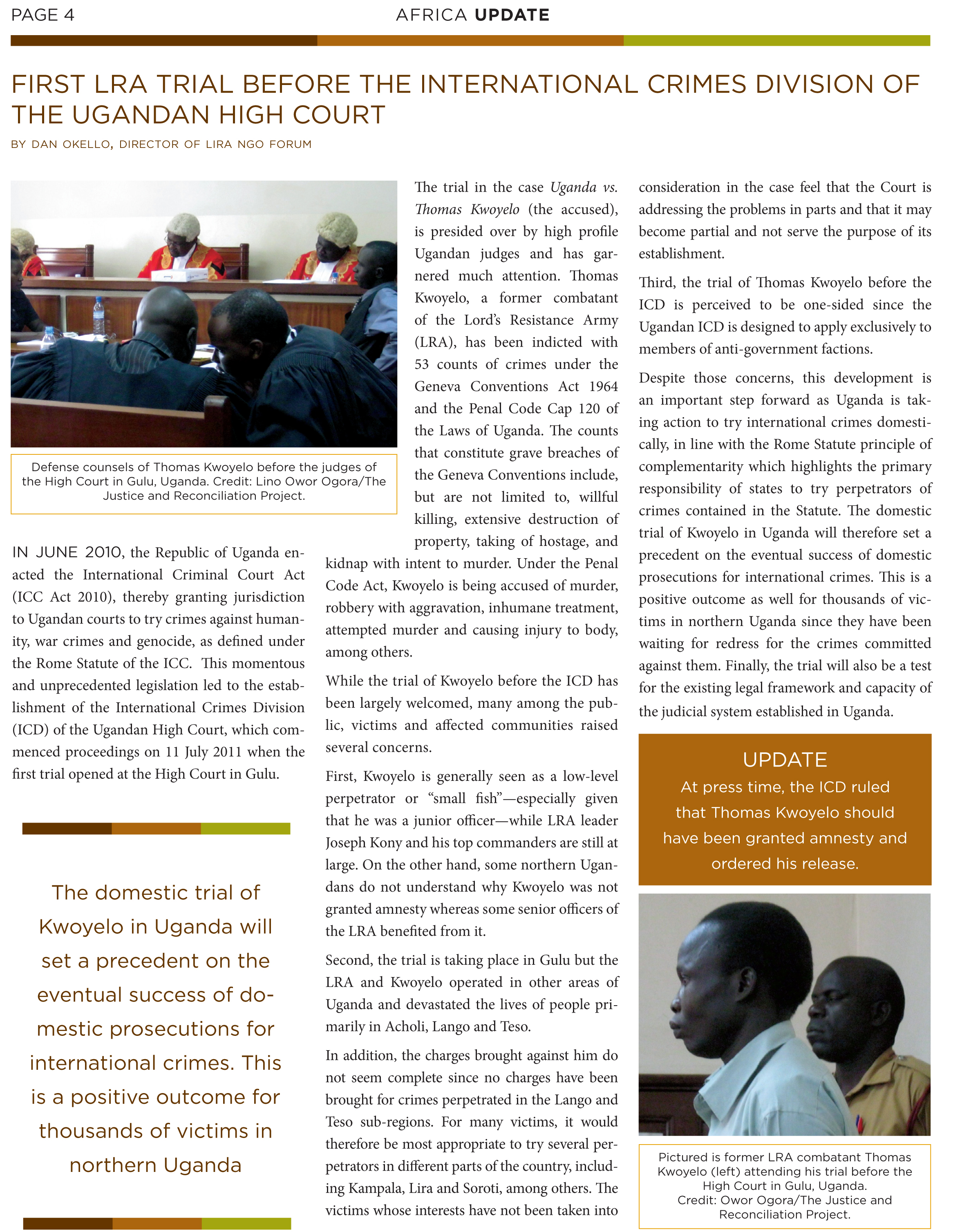On 17th June 2014, I was confronted with news of the untimely death of a man called Buti, a victim and survivor of a Lord’s Resistance Army (LRA) ambush. Earlier in 2013 I had received news of the death of a woman called Celina, from the village of Obalanga in Amuria district. Celina was a survivor of a helicopter gunship bombing perpetrated by the UPDF in 2003. I came to know both in the course of my work as a researcher in northern Uganda.
Buti was the victim of an LRA ambush on 13th May 1994, along the Karuma-Pakwach highway. He was on his way back to Koboko from Kampala. In an attempt to jump out of the bus and escape, Buti broke his spinal cord. He spent four years in hospital, he was crippled for life, he lost his job, and his wife and mother to two of their children deserted him. Once productive and respected, Buti was reduced to a beggar.
Celina was the victim of a helicopter bombing incident by the UPDF on 9th July 2003. The LRA incursion had just spread into Teso sub-region and all civilians in Obalanga had fled into IDP camps. Celina was part of a group of people who had remained behind to nurse a sick brother, Ejabu Michael, when a UPDF helicopter gunship flying overhead mistook them for LRA rebels, and opened fire. The civilians scampered for safety as bombs exploded to their left and right. The hut in which Michael lay ill was set ablaze by one of the mortar shells, and he died instantly. By the time the gunship left, nine people were dead. Selina lost five relatives in the incident including both her mother and father in law, her brother (Ejabu Michael) and her two nephews (Okello Silver and Edyegu Daniel).
Both Buti and Celina’s lives were shattered by their experiences, and they were hoping for compensation and reparations from the Government.
On behalf of other victims in West Nile, Buti had formed an association called the West Nile Kony Rebel War Victims’ Association (WNKRWVA) and had begun lobbying for help from the Government. He succumbed to kidney failure as a result of his 2003 accident before his efforts could bear fruit.
Celina lived a quieter life in Amuria but unfortunately became embroiled in a land dispute, and one morning she was found hanging by the neck in a suspected case of suicide. It is difficult to tell if she took her own life, or if her death was framed to appear so.
The UN basic principles and guidelines on the right to a remedy and reparations calls upon states to make available adequate, effective, prompt and appropriate remedies including reparations for victims of gross violations of international human rights law and serious violations of international humanitarian law.
The Government of Uganda, through the Justice Law and Order Sector (JLOS) is currently in the process of drafting a national transitional justice policy, which is supposed to provide a framework for the implementation of reparations. On 26th January 2014, President Yoweri Museveni acknowledged that war crimes and human rights violations had been committed in northern Uganda, and that victims were entitled to reparations.
The only question that remains is when the Government’s efforts will bear fruit. In meantime we can only pray that victims live long enough to receive reparations for their suffering.





